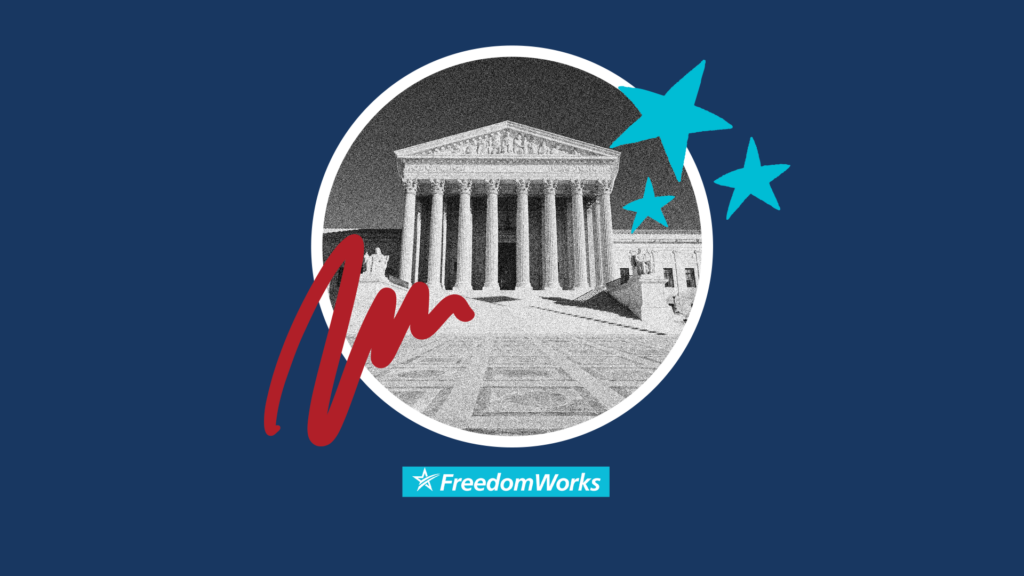The Supreme Court Affirms that the Senate – Not Obama – Makes Its Own Rules
The pro-freedom rulings from the Supreme Court continued today with NLRB v. Noel Canning. The justices decided unanimously that President Obama’s three appointments to the NLRB in 2012 were unconstitutional. The Obama administration claimed that these were recess appointments, even though the Senate was technically meeting in pro forma sessions during the recess. Pro forma sessions fulfill the minimum requirements for a meeting.
The justices ruled that the Senate decides its own rules. If Senators decide that pro forma meetings do not constitute a recess, then the president must follow the Constitution and honor this rule. The justices argued that a recess must be ten days or longer for the president to appoint officials without Senate approval.
This ruling deals a serious blow to Obama’s extension of executive powers. Recess appointments were typically only acceptable during times of national emergency when members of Congress met infrequently. When Obama appointed these three officials to the NLRB, they were not needed to end an emergency. The administration clearly violated the spirit of the Constitution’s clause about recess appointments and ignored the rules of the Senate.
In this ruling, the Supreme Court helped to balance the imbalance of power that President Obama has created. This ruling and yesterday’s about cell phone privacy should be applauded by all Americans who want to see the power of our government reduced and balanced.




